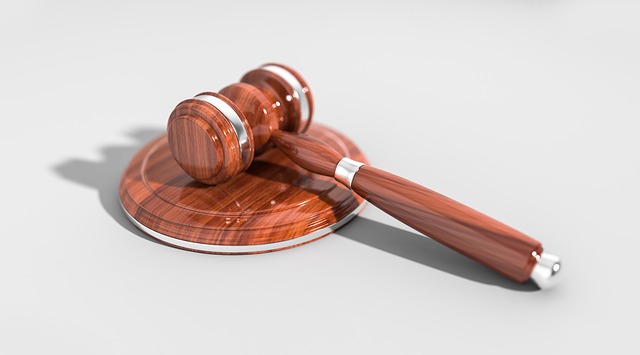Here’s What You Need to Know About Appeals
On November 2, 2018, the United States Supreme Court overturned the conviction of Curtis Giovanni Flowers. Flowers was accused of murdering four employees of a Mississippi furniture store.
After three separate trials where he was convicted, the Mississippi Supreme Court reversed the conviction and remanded the matter back to the lower court, where he then went through two more trials which resulted in a mistrial. On the sixth trial, he was convicted for all four murders, and was subsequently sentenced to death.
Once the case made it all the way up to the Supreme Court, Flowers was able to successfully appeal his conviction in front of the supreme court on the grounds that the State violated his Sixth and Fourteenth Amendment rights by exercising peremptory strikes in jury selection in a discriminatory fashion.
Will your appeal be as successful?
This was an unusually happy ending to the story of an appeal. While on television courts overturn verdicts on appeal left and right, in reality an appeal is tougher than most people think.
For one thing, appeals don’t work the way most people think they do. Though an appeal may result in a new trial, the appeal itself is not one.
Instead, the appeal is meant to determine whether the defendant’s constitutional rights were upheld and whether the court correctly applied the law. This could be a question of whether a court erred in overruling or sustaining an objection, a question of prosecutorial misconduct, or a question of whether errors or negligence negatively impacted the results of the trial.
Proving your case in these issues is extremely complex. This is one reason why some attorneys specialize in appeals and only in appeals.
The Appeals Process
After the jury returns your “guilty” verdict, your attorney has a very limited window of time to file a Notice of Appeal. For example, in a federal case the attorney has just ten days.
After that, the attorney has thirty days to file an appellate brief which outlines the issues in question. The brief will cite relevant precedent and case law. The prosecution will have 30 days to issue a response.
Happily the prosecution cannot appeal a “not-guilty” verdict. Once you are declared “not guilty” the case is completely done.
Once all the briefs are filed, a panel of judges will review and deliberate. In many cases they will simply make their decision on the basis of the briefs. In some cases, each side will be called to present oral arguments. When that happens, each attorney has 15 minutes to argue their case, during which the judges will frequently interrupt with questions that the lawyers must answer.
The appellate court can overturn your conviction, or they can reverse it and remand it back to a lower court. If your conviction is overturned, you’ll be acquitted. If your conviction is reversed and remanded, you’ll receive a new trial.
New Evidence
What if new evidence comes to light after the verdict? What if that evidence might clear you?
Your attorney can then file a Motion for New Trial. The judge will then make two decisions.
- Whether the evidence is truly “new,” in that it could not possibly have been discovered during or before the trial.
- Whether the evidence is significant enough that it likely would have caused the jury to return a verdict of “not guilty.”
As you can imagine, these are not easy facts to prove. Nevertheless, it’s sometimes worth it to file the motion just to get the facts on record, just in case there are new developments later.
Taking it Higher
If the appellate court upholds your conviction you could take it up the ladder. Your attorney would present the matter to the next higher court in the chain. The identity of that court would depend on whether the case is a state case or a federal one.
Counting on taking your case all the way to the Supreme Court, like Flowers? To make it happen, your lawyer would have to file a Writ of Certiorari. The Supreme Court will then decide whether to hear the case.
The odds aren’t great: the Supreme Court hears less than 100 cases every year. Every year, they receive 5000 writs. Your case is most likely to be heard if it is unique, or if it presents issues of law that will go on to have national policy implications.
Post-conviction relief is rarely successful. It also takes a long time, and you will remain in prison while the process slogs along. Be sure to put your trust in a highly competent attorney from the get-go, and to make sure the attorney has everything they need to successfully advocate on your behalf.
See also:






